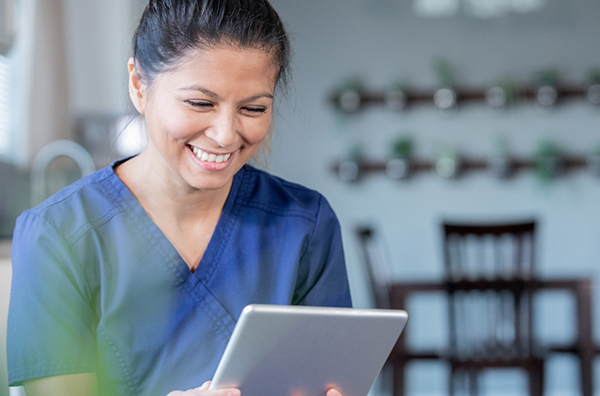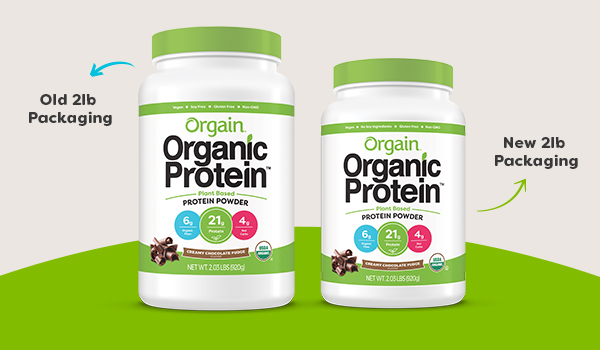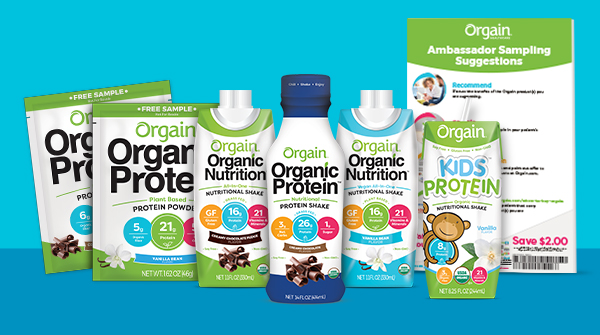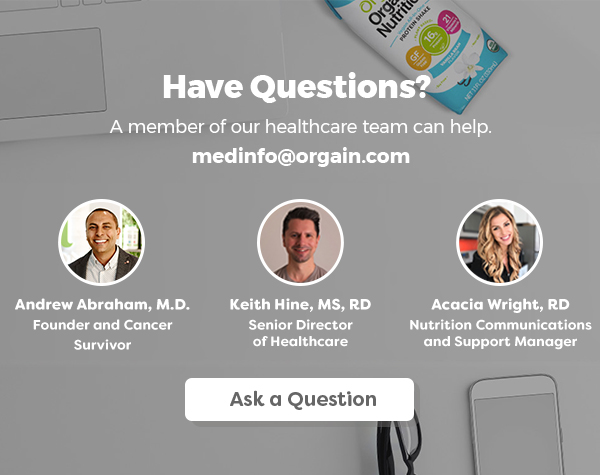
Managing Diabetes During the COVID-19 Pandemic

While people with diabetes (PWD) are not more likely to contract COVID-19 than the general population, co-morbidities (including diabetes and heart disease) can increase the risk of developing complications associated with the coronavirus.1 A growing body of evidence has shown that well-managed blood glucose may reduce risk for serious complications and worse outcomes for PWD who become infected with COVID-19. Recent data revealed that elevated blood glucose (BG) in individuals with pre-existing type 2 diabetes (T2D) was associated with an increased need for medical interventions, multi-organ injuries, and higher mortalities. High blood glucose levels can potentially weaken the immune system, which may make it more challenging to fight off infections. Conversely, individuals with well-managed BG, who maintained glycemic variability between 70 and 180 mg/dl, revealed a significant reduction in adverse outcomes and all-cause mortality.2
According to the Centers for Disease Control and Prevention (CDC), PWD appear to be at higher risk for severe COVID-19 associated illness than people who contract COVID-19 but do not have diabetes. Given the importance of the link between diabetes and COVID-19, Orgain spoke with award-winning Registered Dietitian-Nutritionist and Certified Diabetes Care and Education Specialist, Susan Weiner, MS, RDN, CDCES, FADCES, to get a better understanding of diabetes management during the pandemic. Routine care for diabetes can be significantly disrupted during this uncertain time (e.g. increased stress, potential changes to food availability and physical activity). Self-monitoring of blood glucose and interventions to improve education and management of diabetes remain favorable and beneficial strategies. Susan Weiner suggests that PWD continue to “drink adequate fluids, refill medications and insulin to the maximum amount allowed, check BG often and plan meals and snacks in advance”. Healthcare professionals are encouraged to use a non-judgmental and individualized approach to care in order to support PWD during this challenging time. HCPs can encourage PWD to make self-care a priority, stay connected with their healthcare team, get adequate sleep, and find ways to reduce stress.
Another major concern for this population during the pandemic is access to sufficient peer support, which can be a helpful tool in diabetes management. “People with diabetes need peer support now more than ever, and clinicians should be aware of online communities to direct people to,” says Weiner. While this doesn’t take the place of medical guidance, it adds another layer of support and resources from those with lived experience. Some popular online communities include Diabetes Sisters and Diabetes Social Media Advocacy (#dsma), which includes organized discussions (via Twitter) on living with diabetes, health, support, and more. For parents of children with diabetes, Children with Diabetes is offering a virtual conference in July, completely free of charge.
1American Diabetes Association. Diabetes and Coronavirus. Retrieved from https://www.diabetes.org/coronavirus-covid-19
2Zhu, L et al. Cell Metabolism. 2020; (20) 30238-2, doi: https://doi.org/10.1016/j.cmet.2020.04.021
Understanding the signs and symptoms of both COVID-19 and Diabetic Ketoacidosis (DKA) is critical for clinicians, PWD and the greater community. The American Diabetes Association states that when PWD are sick with a viral infection, they face an increased risk of DKA, a complication from diabetes that can be serious or life-threatening, and commonly experienced by people with type 1 diabetes (T1D). Should PWD develop any symptoms of COVID-19, they must contact their doctor immediately. When calling, they should have their glucose and any ketone data, as well as fluid consumption information, readily available, if possible. If the progression to DKA is suspected, PWD should be advised to proceed to the nearest hospital, as immediate medical attention is required. Individuals with diabetes are advised to speak with a healthcare professional if there are any significant changes in physical activity or appetite, as this may warrant an adjustment in medication. Susan Weiner shared some encouraging news that several insulin manufacturers have capped the cost of insulin to ensure PWD are able to obtain it at a reasonable cost during the pandemic (and hopefully for the future as well). Lastly, she suggests that a person with diabetes has a friend or family member to advocate on their behalf in the case a hospital visit is required. She also suggests preparing a hospital kit in advance, which may include necessary diabetes supplies (such as pump supplies, sensors and anything necessary for checking blood glucose), medications (in case the hospital doesn’t have them in stock), list of medications, contact information for medical team members (in case they need to be contacted by the hospital), and other necessary back up supplies.

Telehealth for Diabetes Self-Management Training (DSMT)

The Centers for Medicare & Medicaid Services (CMS) has expanded access to telehealth coverage during the COVID-19 pandemic. This will allow Medicare and Medicaid beneficiaries to receive telehealth services, including Diabetes Self-Management Training (DSMT), without having to travel to a healthcare facility. Several private insurers are following these guidelines as well. This is great news for healthcare professionals as telehealth visits will now be reimbursed at an equivalent rate as a face-to-face patient encounter and they can continue to support PWD from a distance.
Through telehealth, PWD can connect with their healthcare professional from their computer or phone. This reduces the stress of isolation while providing an opportunity for education, medication adjustment, and support while maintaining social distancing. In addition, Weiner shares that another great benefit of telehealth is the ability to “virtually get into the kitchen with the people she collaborates with, which expands the value of the visit.” For further assistance in understanding the basics of virtual care for Diabetes Self-Management Education, The Association of Diabetes Care & Education Specialists compiled a variety of helpful resources for clinicians.
As part of the Orgain Professional Education Series, Susan Weiner, MS, RDN, CDCES, FADCES, recently presented a free exclusive webinar to help clinicians decipher the latest nutrition information as it relates to blood glucose management: Diabetes Care and Education Update! Translating the Latest Evidence-Based Guidelines into Clinical Practice. Click here to watch this free webinar and earn 1.0 CPEU for RDNs and DTRs.

Green Initiative

As climate change, increasing pollution and other environmental issues take center stage and continue to impact our daily lives, Orgain is taking action to help create a greener, more sustainable planet. In an effort to pursue more sustainable business practices and reduce our carbon footprint, we are making updates to our Organic Plant-Based Protein Powder packaging while maintaining product quantity*. Beginning in June you will start to see smaller packaging sold at retail locations. This initiative will save 30,000 lb of materials a year a year (equal to 12,000 gallons of crude oil), reduce CO2 emissions by 884,000 kg (equivalent to 192 cars being taken off the road annually), and save more than 4,900 trees!
*Packaging for the following Orgain® products will not be impacted: Keto Plant Protein™, Collagen Peptides, Organic Superfoods Powder, Simple Powder and Sport Energy & Recovery powders.

Ambassador Sample Kit Updates

If you are an Orgain Ambassador, you may have noticed that the contents of a number of ambassador sample kits have recently been updated. We’ve made these updates to enhance the experience for our Ambassdors and reduce the chances for samples to be damaged during transit. Our goal is always to ensure that all Ambassador samples arrive in flawless condition.
If you are not yet an ambassador and would like to request samples for your patients or clients, Request an Ambassador account now >

Orgain Clean-It-Up Healthcare Professional Recipe Contest

There’s still time to participate in Orgain’s first-ever recipe contest for health professionals! Five winners will receive a $250 Orgain prize package and have their recipe analyzed using ESHA’s Food Processor® Nutrition Analysis Software, plus be featured on Orgain’s healthcare website and social media sites!
To enter, submit an original recipe and photo featuring at least one Orgain product and commonly available ingredients or pantry staples, share a description of the recipe and explain who you would recommend it to!
The contest entry period will end on Tuesday, June 30, 2020 at 11:59pm PT. Good luck and happy creating.
Click Here for Official Rules and to Enter! >

Upcoming Professional Education
See below for more information on how to register for upcoming live webinars or visit our Professional Education Series homepage to watch previous webinars on demand—available 24/7 for your convenience. As always, all the Orgain Professional Education Series of Webinars CPEUs free of charge!

Laura Andromalos, MS, RD, CSOWM, CDE & Katie Chapmon, MS, RD (Presenters)
Approved for 1.5 CPEU for RDNs and DTRs July 16, 2020 at 2pm EDT
REGISTER HERE

Jean LaMantia, RD (Presenter)
Approved for 1.0 CPEU for RDNs and DTRs September 24, 2020 at 2pm EDT
REGISTER HERE

Melinda Hemmelgarn, MS, RD (Presenter)
Approved for 1.0 CPEU for RDNs and DTRs December 9, 2020 at 2pm EDT
REGISTER HERE

Practitioner Testimonial
“I wanted to write you because I want you to know that Orgain really has great products. I have type 1 diabetes, which has been my primary motivator to become a dietitian and a diabetes educator and I have always had to be careful with processed foods, with an emphasis on protein powders and shakes. However, though I nearly always have a poor blood sugar reaction to protein products, this has not been the case with Orgain products! This just goes to show the quality of Orgain products. So thank you. I had samples sent to my house at first as a test run to see how it affected my diabetes, but Orgain has been wonderful and wonderful to work with the Ambassador program. I couldn’t be happier. I now plan to work with the Endo and PA to start giving out Orgain samples and coupons to all the patients”
– Ariel
Certified Diabetes Educator




